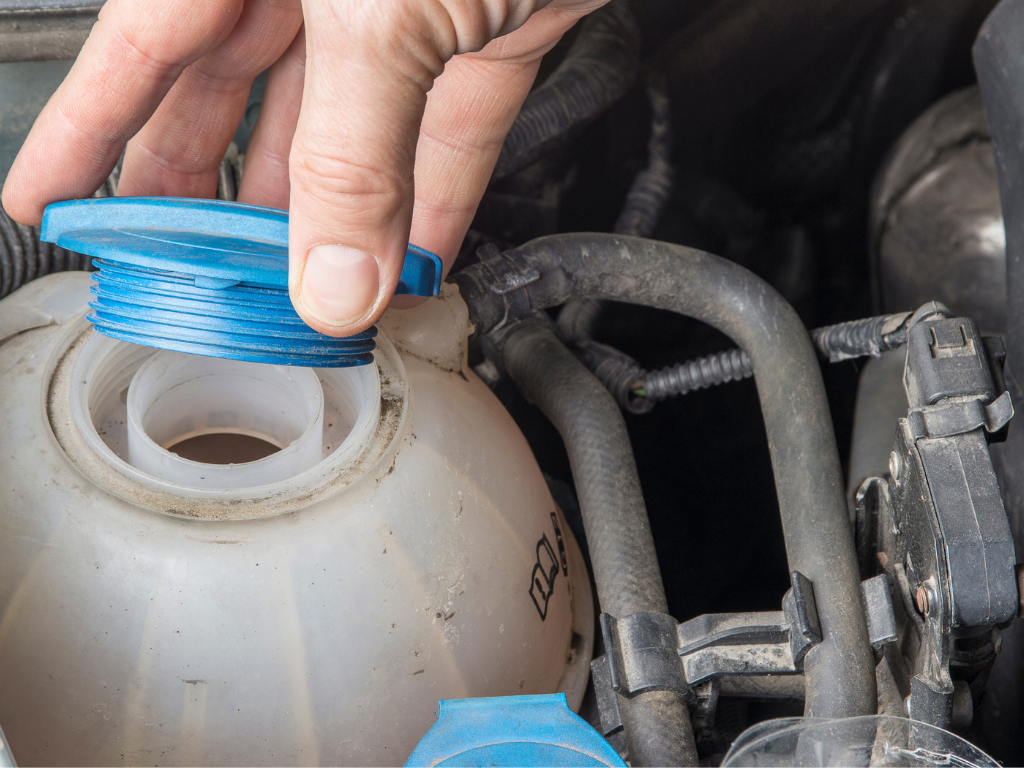Your Guide to Fleet Management Expenses
Your company owns a fleet of vehicles and runs on a tight, monthly budget.
If you’re in the fleet management industry, you know how hard it can be to manage a vehicle fleet. You’ve got to make sure that everything is kept in good working order, that the vehicles are fit for purpose, and keep costs down. It’s that last part that often snares people in the world of corporate fleet management. They know their duties but don’t know how to fulfill them cost-effectively.
You’re in luck. We are vehicle experts, it comes with the territory. We’re going to show you the best ways to manage a vehicle fleet while keeping costs low. Are you ready to make your fleet even more efficient? Then keep reading!
Keep an Eye on Your Fleet Size
One of the most crucial elements of truck fleet management is making sure that your fleet is the size it needs to be. Too big, and your fleet will be costing too much. Too small and your duties won’t be getting done as efficiently.
You should analyze each vehicle’s daily workload to find out which ones aren’t being put to their full use. If they’re racking up too much mileage, it could be worth investing in more vehicles.
If you plan to sell your vehicles, keep an eye on the second-hand market and observe price fluctuations. This way, you can sell them for the best price possible. If you’re in corporate fleet management and managing multiple fleets, consider transporting vehicles between fleets. This way, you can keep each fleet at its optimum size.
Watch Out For Increasing Repair Costs
One of the most important things to look for when managing a vehicle fleet is increasing repair costs. If one of your trucks is costing too much in repairs, it may be time to replace it. You should weigh up the costs of a new truck, minus the resale value of the old one, in comparison to keeping and repairing your old vehicles. If you’d save money, it’s time to sell the old vehicle and buy a new one.
The best way to keep maintenance costs down is through proactive repairs. Don’t wait until something breaks to get it fixed. Carry out regular inspections on your trucks and ask your drivers to report any small issues as soon as possible. If you repair these issues while they’re still minor, they won’t turn into more costly issues.
Make Trips as Efficient as Possible
One thing that’s a common cause for concern across all vehicle fleets is inefficient route planning. This is a scourge for company vehicles and not only because inefficient routes use more fuel. If a vehicle has to travel more miles than is necessary, tires wear down quicker. This affects handling, safety, and, obviously, tire costs.
So how do you combat this inefficiency? The best way is through telematics. UPS gathered telemetry from their vehicles and used it to save huge amounts of money. You could also use GPS trackers: plot your trucks’ journeys against Google Maps. Then put these routes under the microscope. Is there anywhere that the routes cross over or where one goes miles out of the way?
If there are, consider combining routes or cutting routes entirely. You’ll find that no matter how well-planned you think your routes are, there will be ways to make them better.
Consider Alternative Fuels For Your Vehicle Fleet
Gasoline and diesel are the most common fuels for commercial vehicles. This isn’t a huge surprise, but they aren’t necessarily the most efficient fuels that you could be using.
Great strides have been made in the fields of alternative fuels and your vehicle fleet could take advantage of them! While electric trucks are still a rarity, there are greener and cheaper alternatives that may be supported in your area. Some of these are propane autogas, natural gas, and liquid petroleum gas. While the availability of these fuels varies from region to region, they do tend to offer improved costs.
If they’re not available in your region, your priority should be to get as good fuel economy as you can. For example, you could replace engines in your fleet with more fuel-efficient blocks. You could also use your telemetry to watch for driver habits that decrease mpg, like hard acceleration or excessive idling.
Get Great Resale Values
One of the best ways to make money back on your vehicle fleet is to sell your vehicles to your employees. Depending on the industry, businesses typically sell 10-20 percent of their vehicles to their employees. There are a lot of ways to improve resale value. One of these is by limiting the number of cosmetic, non-essential repairs that your employer carries out on your trucks. This will eat into the resale value.
You can also improve the odds of reselling your vehicles to your employees by picking the right colors for your commercial vehicles. White is a particularly good bet. If you sell the vehicles on to employees, your drivers will also take better care of the vehicles. You’ll also get the money for the truck faster.
Consider Buying Used Vehicles
Vehicle acquisition can be one of the most expensive parts of corporate fleet management. There are ways to cut down on these costs and one of the best ways is to consider buying used trucks.
Trucks tend to depreciate faster than cars, so you shouldn’t have to look far to get a great deal. If the truck has been well cared for, you shouldn’t worry about high mileage, either. Mileage matters less than age and maintenance status.
Let ABS Tag and Title Help!
Have a few more questions? Take a look at our FAQ section, then give us a call at 877-914-7973 to get started!









